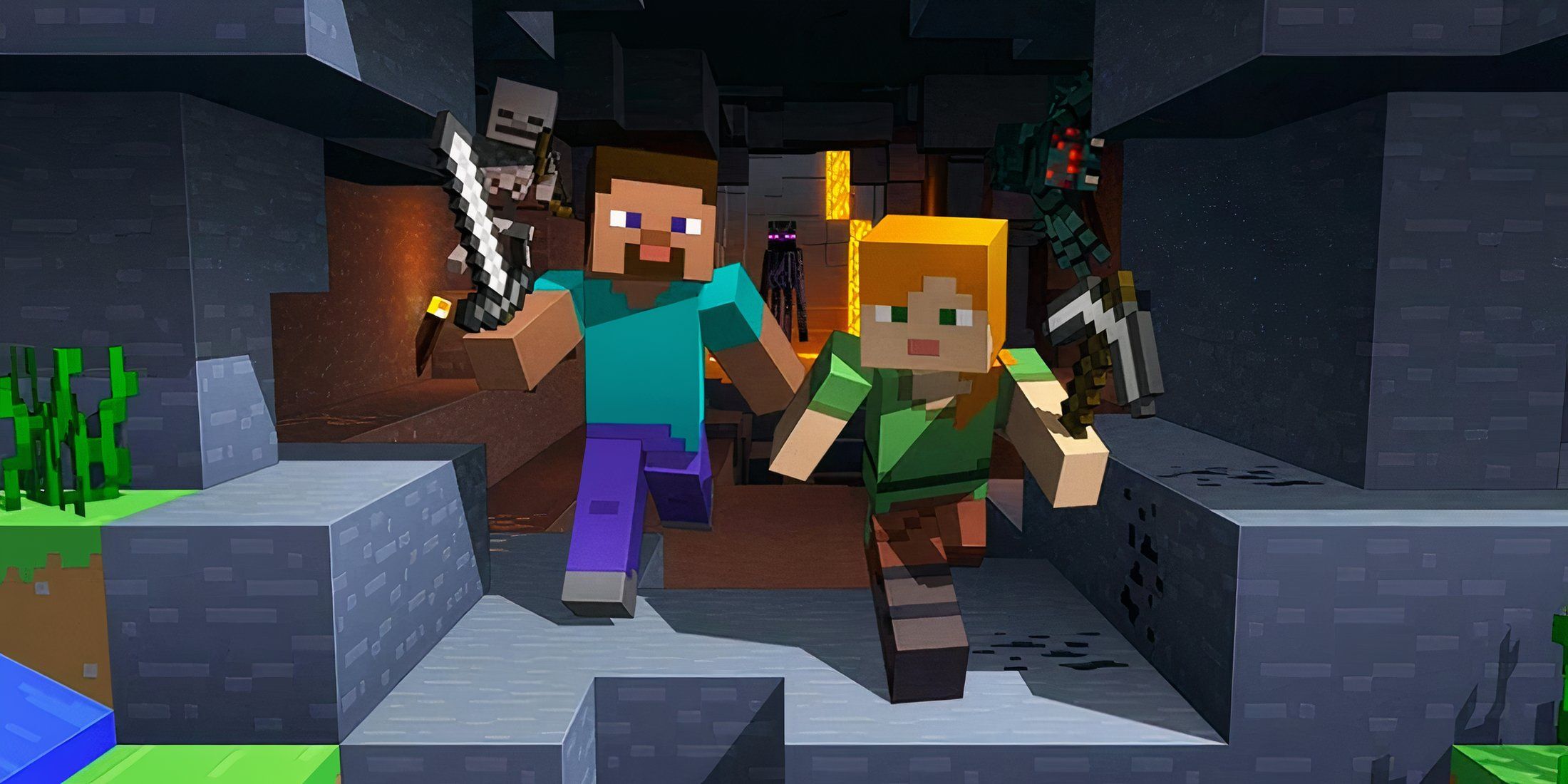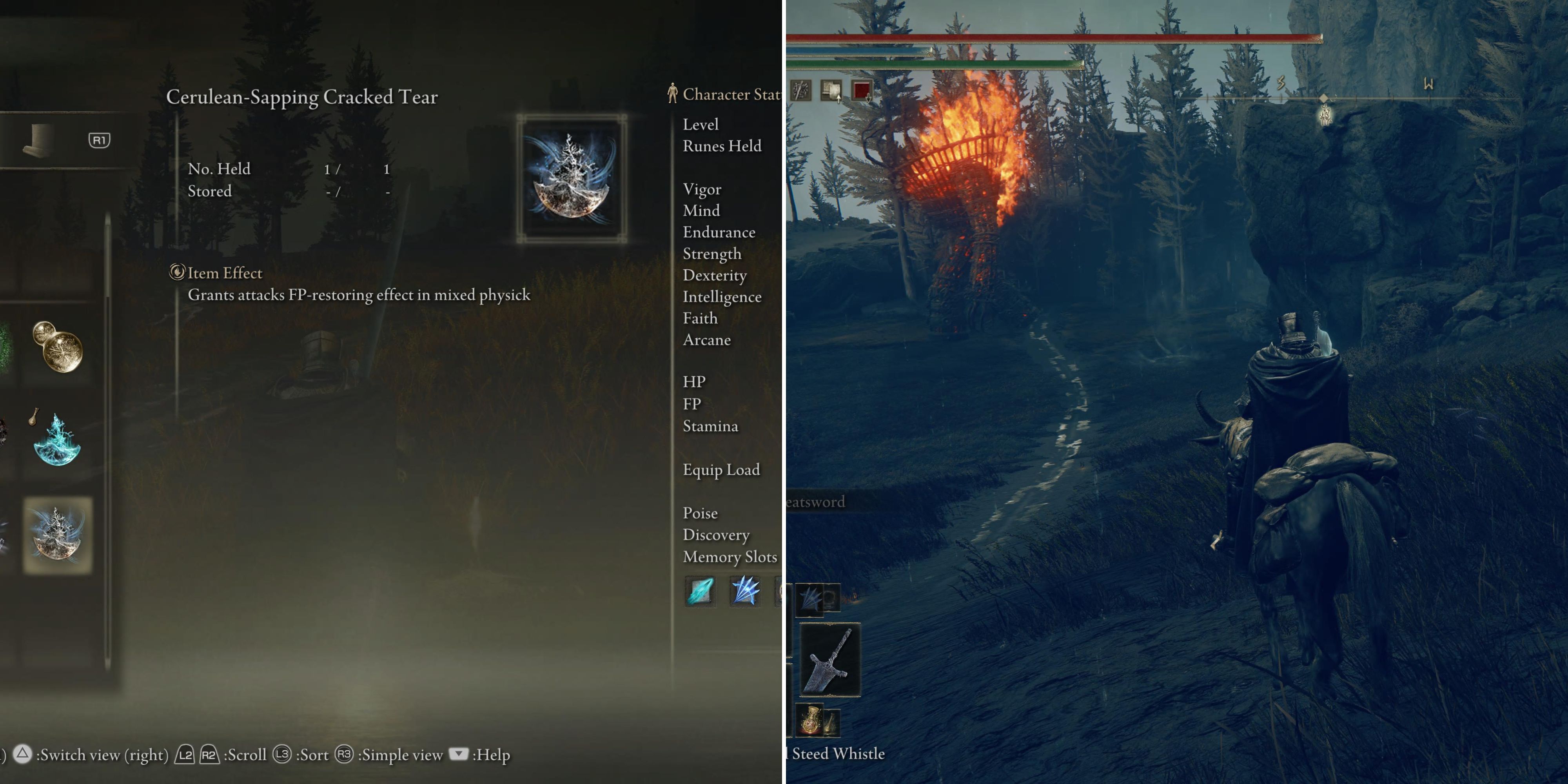Everyone knows the name Call of Duty, whether they play video games or not. Over the past decade Call of Duty has become a household name and a staple franchise, and while not all parents shudder at the sound of their child constantly talking about it as they might with a game like Fortnite, the name Call of Duty does have strong brand power.
With Call of Duty: Black Ops 4, the latest installment in the hit FPS franchise, video game publisher Activision and developer Treyarch introduced a number of monetization practices and microtransactions that put politely, could be described as egregious and anti-consumer. Black Ops 4 received its fair share of controversy as a result which led to lower sales numbers and popular Call of Duty YouTubers like Driftor and PrestigeIsKey to step away from the game. As the launch of the next installment is right around the corner, Call of Duty: Modern Warfare desperately needs to avoid falling down the same rabbit holes and there are a few easy ways to do that.
In order to look at how Modern Warfare can adapt and improve, it helps to go back to where it all started. Originally released in 2003 from developer Infinity Ward, Call of Duty was created as a direct competitor to EA’s Medal of Honor series, in a time when WWII shooters were reaching the peak of their popularity. Since 2005, the Call of Duty brand has received fourteen mainline entries, launched three successful sub-brands in the form of Modern Warfare, Black Ops, and Zombies, added Sledgehammer Games as a third developer in the rotation, released its own Battle Royale mode, and taken the franchise to all fronts, from WWII to outer space.
Call of Duty has always followed popular trends in the industry whether its hero shooters, loot boxes, Battle Royale or going back to the series ‘boots-on-the-ground’ roots. In the 2019 video game market, the “games as a service” concept is only increasing in popularity, particularly for publishers as their focus changes to getting consumers to spend more time playing individual games. And games-as-a-service is one of many business strategies used in games that works effectively when done right, one that can be fair to both sides.
For example, Fortnite, a free-to-play game available on a myriad of platforms, is by far the most popular game in the world right now and it uses the service model to support itself with optional Battle Passes that offer a season of cosmetic-only content and direct purchases. All purchases in Fortnite are entirely optional and cosmetic only, meaning they don’t affect gameplay. On the other side of the spectrum, there’s Destiny 2 and The Division 2, two full-price retail games that offer consumers 60+ hours of content in the base game and are continually supported with updates, expansions, and new content, all as a single product.
However, Call of Duty is none of these things and yet Activision and Treyarch have tried to reap the benefits of them all with Black Ops 4. The Call of Duty franchise has been on an annual release schedule for 14 years now, releasing a brand new full-price game every year at the $60 US MSRP. On top of the upfront cost to buy a game like Black Ops 4, Activision and Treyarch have implemented multiple revenue streams to sell players a mixture of content from map packs to weapons, and cosmetic items for all modes. In theory, consumers are offered an incredible package of varied content with near-endless replayability but in practice, consumers time isn’t respected and publishers often look at the revenue stream as near-endless instead.
The first revenue stream beyond the cost of the game comes in the form of the Season Pass that will set players back $50 US and gives access to all post-launch DLC map packs for both the Multiplayer and Zombies modes. Map packs and Season Passes have been in the franchise since Call of Duty 4 so this isn’t a surprise, but it’s important to note that games like Battlefield, Halo, Titanfall, Overwatch, and many more have stopped using a Season Pass altogether over the last couple of years in order to avoid fragmenting player bases.
The second revenue stream being used is a Battle Pass that covers a single 3 month season. The pass costs around $10 US (leading to a total of 4 x $10 US a year) and rewards over 100 cosmetic items that players can then unlock through playtime. On top of that, in-game currency can be purchased with real money in the form of COD Points, the third revenue stream, which can be used for direct purchases and in-conjunction with the Battle Pass to skip levels and save time.
The fourth and final revenue stream comes in the form of Loot Boxes, which can also be bought using COD Points, conveniently added a few months after launch every year in order to avoid any form of backlash in review scores. Loot Boxes or Reserve Crates cost 200 COD Points and the players can only purchase the currency in packs with the smallest being 200 COD Points for $1.99 US and the largest being 5000 Points for $39.99 US. Reserve Crates are heavily diluted with hundreds of items added each season that makes it difficult for players to get specific items they’re after.
Last years ‘Game of the Year’ God of War released at full price as a complete package with no Season pass, post-launch DLC or microtransactions. The Division 2 released in March 2019 as a ‘games as a service’ product at full price, announcing that all updates and post-launch DLC for the first year would be free to all players and offering an optional Season Pass that grants early access to select content and cosmetic items only. And Fortnite, a permanent free-to-play game offers a new optional Battle Pass each quarter that provides cosmetic items only, and has a maximum potential cost of $40 US if all four Battle Passes were purchased in a year.
Then you have Black Ops 4, a full-price game, using the traditional paid DLC model from prior games, the live game approach with a quarterly Battle Pass and direct purchases, and the free-to-play model offering loot boxes and COD points. If someone were to purchase all of the content in that list including the full game, Season Pass, and all four Battle Passes, that would reach a total cost of $150 US on what is an annual franchise. Actually unlocking all of the game’s rewards would require an incalculable amount of time and money on top of that.
Modern Warfare has made headlines from the moment it was announced and not always for the best reasons as the direction of the new game has sparked significant controversy. However, all of that is only related to the Campaign mode, not the Multiplayer and this is where Infinity Ward needs to avoid the microtransaction drama that plagued Black Ops 4.
So how can Modern Warfare avoid going down the same route? For starters, it’s already been confirmed that there will be no Season Pass and that all post-launch DLC maps will be free to all players. This is a first for the series and a major step in the right direction as it keeps the player base intact and makes the idea of Battle Passes and direct purchases far less egregious.
The next move would be to lean into the Battle Pass and direct purchases if Activision and Infinity Ward truly want to make the multiplayer portion of Modern Warfare into a live game. If players expect for constant updates and new content to be added to the game, then it's entirely reasonable that the developer will need to cover the costs through alternative revenue streams. Destiny 2 is a great example of how microtransaction revenue greatly benefits the developer and in turn, can benefit players as Bungie confirmed that the recent Zero Hour questline was paid for using the revenue gained from the Whisper of the Worm ornaments bundles.
If done correctly, the Battle Pass is a great way to continuously introduce new content into Modern Warfare for players to chase after without removing post-launch microtransactions. The same can be said for direct purchases. Players like having the option to purchase the item they want for a set cost without any other unnecessary requirement such as leveling or playtime. Would you like to buy this weapon skin? Great, now you can buy it directly from the store for a set price. It's a win-win situation.
Finally, Loot Boxes need to be removed from the game entirely. Over the past couple of years, every Call of Duty game since 2014's Advanced Warfare has eventually added Loot Boxes post-launch, a shady strategy recently used in Crash Team Racing to avoid any sort of backlash before review scores go live. For a while, Loot Boxes became the go-to microtransaction for a number of high-profile games from Overwatch to Halo 5 but it wasn't until Star Wars: Battlefront 2 that governments began to step in with some countries including Belgium, deeming loot boxes as a violation of their gambling laws and banning them entirely. Whether its unknown odds, diluted loot pools or rewards that lean towards pay-to-win, the addition of loot boxes will continue to be a very controversial topic that fans aren't likely to be ok with.
Despite early controversy regarding the nature of Modern Warfare's campaign mode, Infinity Ward has a lot of potential to create a great game that engages the fanbase in a way that no recent entry has. Returning to the roots of the series, a full campaign mode and a new co-op mode that isn't Zombies, and the return of familiar characters and mechanics like the Specialist killstreak are all changes that fans have been calling out for. It's down to the developers to learn from the mistakes of Black Ops 4's microtransactions and try to create a new model that's fair to everyone.
Call of Duty: Modern Warfare releases on October 25 for PC, PS4, and Xbox One.








